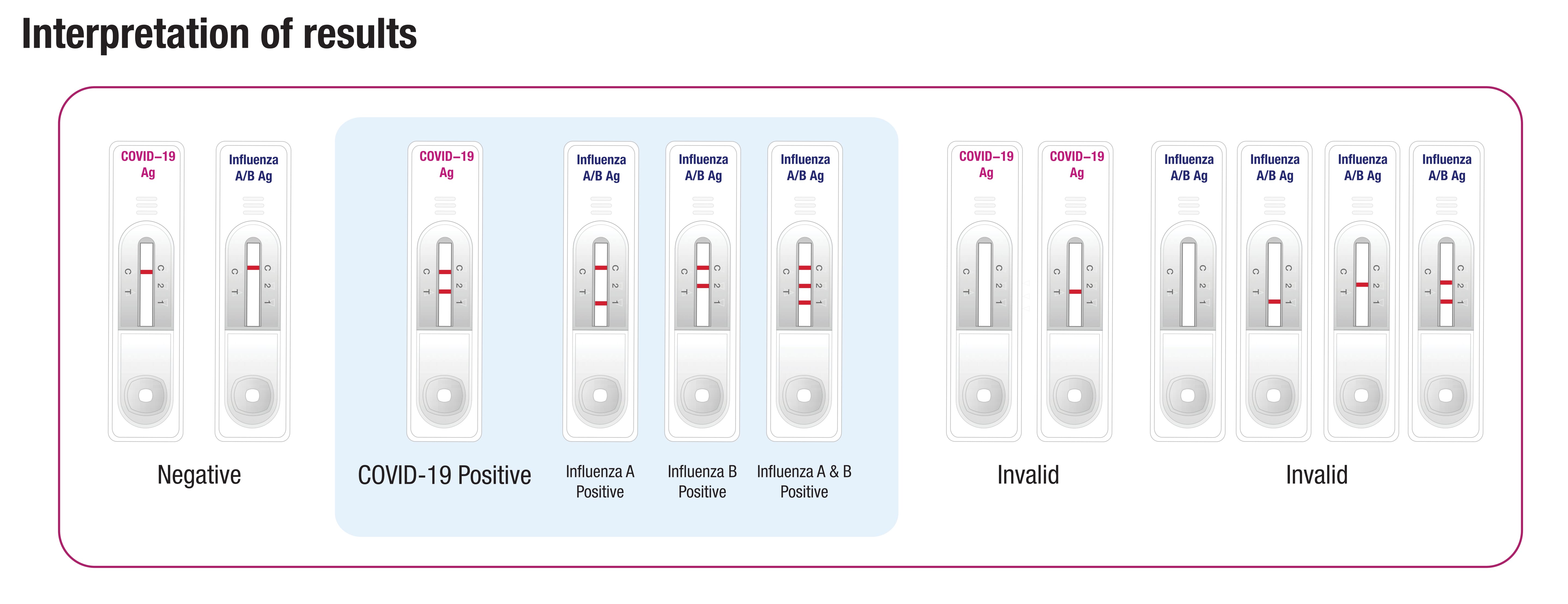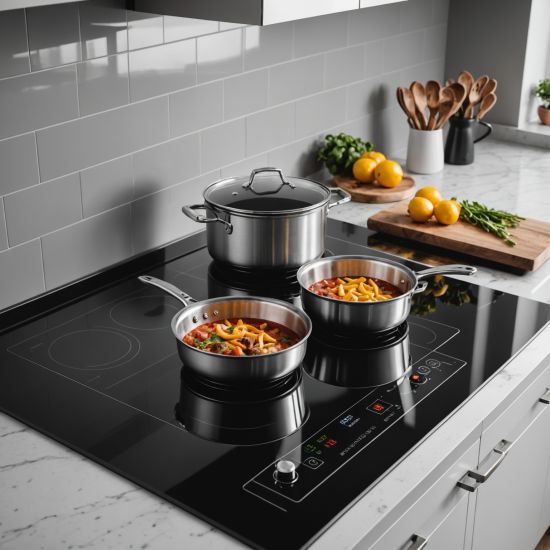COVID-19 Home Tests: Understanding the Different Types

Antigen Tests
Antigen tests detect the presence of viral proteins, specifically the nucleocapsid protein, in a respiratory sample. These tests are generally less sensitive than molecular tests but provide rapid results, often within 15-30 minutes. Antigen tests are widely available and can be self-administered, making them a convenient option for home testing. However, due to their lower sensitivity, a negative antigen test result may not always rule out COVID-19 infection, especially in individuals with low viral loads or early in the course of the disease.
Molecular Tests
Molecular tests, also known as nucleic acid amplification tests (NAATs), detect the presence of viral genetic material, specifically the RNA of the SARS-CoV-2 virus. These tests are highly sensitive and accurate, making them the gold standard for diagnosing COVID-19. Molecular tests are typically performed in laboratories and require specialized equipment and trained personnel. However, some molecular tests have been developed for home use, providing a more convenient option for individuals who need highly accurate results.
Antibody Tests
Antibody tests detect the presence of antibodies produced by the immune system in response to the SARS-CoV-2 virus. These tests are not typically used for diagnosing active COVID-19 infections but can be helpful in determining past exposure to the virus or assessing immune responses to vaccination. Antibody tests are generally less sensitive than antigen or molecular tests and may take several days to produce results.
Choosing the Right Home Test
The choice of COVID-19 home test depends on several factors, including the intended use, desired accuracy, and individual circumstances. Here are some considerations to keep in mind when selecting a home test:
- Antigen tests are best suited for individuals who need quick results and are willing to accept a slightly higher risk of false negatives.
- Molecular tests are the most accurate and sensitive option, making them ideal for individuals who require highly reliable results or have symptoms suggestive of COVID-19.
- Antibody tests are useful for assessing past exposure to the virus or evaluating immune responses to vaccination but are not recommended for diagnosing active infections.
It is important to carefully read and follow the instructions provided with the home test kit to ensure accurate results. Additionally, individuals should consult with a healthcare professional if they have any concerns about choosing or interpreting the results of a COVID-19 home test.







